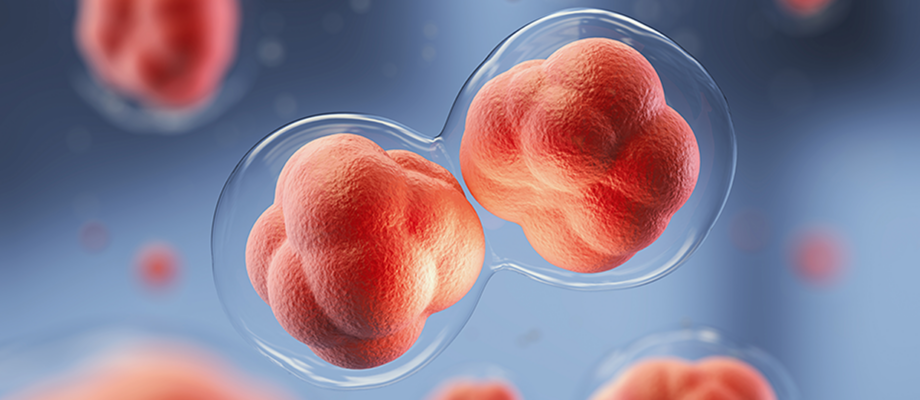Mesenchymal stem cells (MSCs) are adult stem cells derived from various sources that can differentiate into other cell types.
MSCs are widely studied due to their unique cellular biology and broad clinical potential.

What is differentiation potential?
It refers to when a less specialized cell becomes a more specialized type.
MSCs can differentiate into various cell types, including osteoblasts (bone cells), chondrocytes (cartilage cells), adipocytes (fat cells), and other types such as myocytes (muscle cells) and neurocytes (nerve cells).
MSCs are also known for their immunomodulatory properties, meaning they can influence the immune system’s activity, reduce inflammation, and suppress immune responses.
Moreover, MSCs can promote tissue repair by releasing growth factors and cytokines, which attract other cells to the injury site. They can also assist in forming new blood vessels, which are essential for tissue regeneration.
Where can MSCs be found? There are several sources of MSCs, including:
For the best care, visit ReoCell Clinic. We hope stem cell therapy will help you feel better, as it has for many of our patients.
Closing this window, you agree that you have read the information below.
SELF-MEDICATION CAN BE HARMFUL TO YOUR HEALTH!